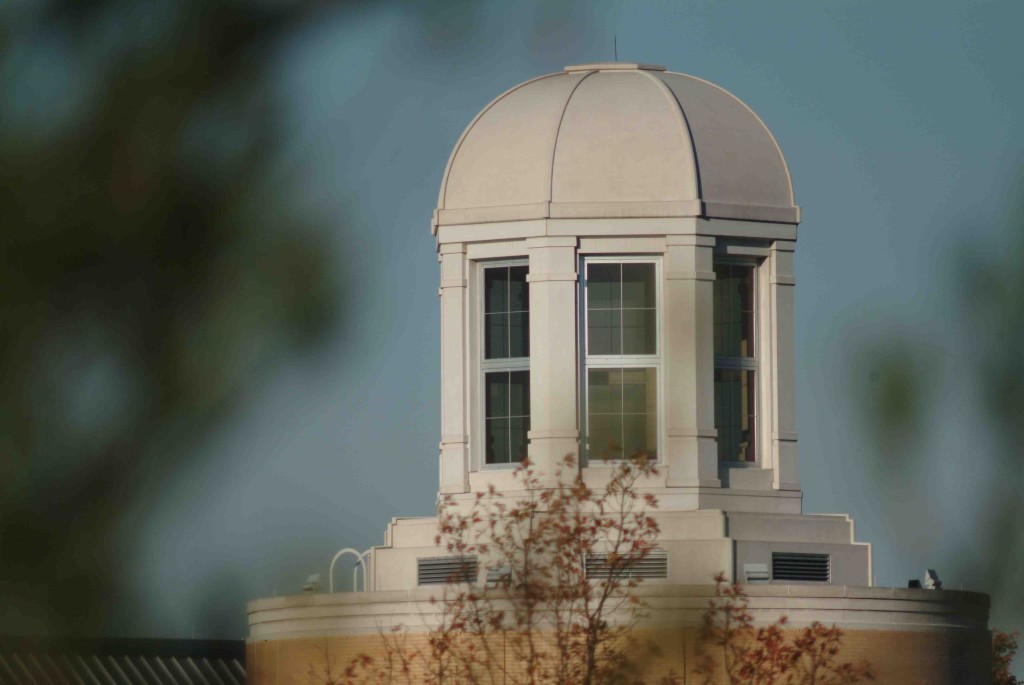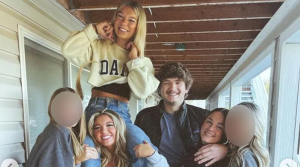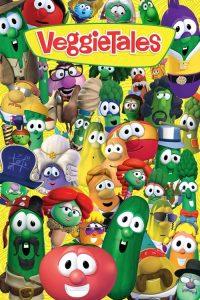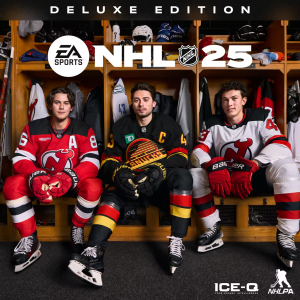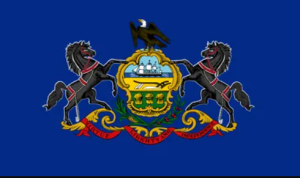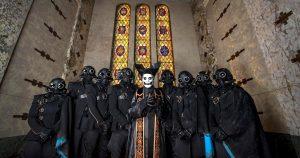Why is no one voting?
November 2, 2014
As Election Day approaches, student voters at Robert Morris University are found far and few in between.
Within the past couple of years, student voters have dwindled across the United States due to a rising disinterest and difficulty accessing polls.
“The youth tend to be dissuaded, not necessarily disheartened. It’s just they’re much more logical and rational about the behavior of voting and they’ve come to the unfortunate conclusion that their vote doesn’t matter or that the system is corrupt, so why participate?” said Justin DePlato, associate professor of political science at RMU.
According to the Pennsylvania Department of State, there are a total of 8,250,925 registered voters in Pennsylvania. Of these, 881,489 are registered in Allegheny County where RMU is located.
Of the three largest voter affiliations in the county (Republicans, Democrats, Libertarians) there are a total of 769,414 voters. Of these, 51,746 are in the age group 18-24. This is about six percent of total voters aged 18-24.
At eight percent of the voting population, 18 to 24-year-olds make up the smallest percentage of Pennsylvania voters in all affiliations including republicans, democrats, and libertarians.
The Harvard Institute of Politics has found that only about 23 percent of young voters will turn out in the 2014 midterm election across the United States.
Due to these statistics, the youth in the country have gotten a lot of flak in recent elections. What many don’t realize is that it is not a lack of knowledge or laziness. The primary reason students aren’t showing up at a high rate is because of, as DePlato calls it, “a sophisticated disinterest.”
In the upcoming election many students feel frustrated with the government and are fed up with the lack of results the system has offered in recent years.
“It’s not that they’re unaware of the issues, it’s not that they’re unaware of how the system works, it’s just that they don’t like it,” said DePlato. “They don’t like the issues or they don’t like the system, so that’s why they don’t participate.”
For many young voters it has become less about interest in the issues and more about a frustration with politics and ideologies.
“So now the youth are looking for a third way, that’s where they are,” said DePlato. “So they’re looking to the third way or to the alternative, but will they vote? The data tells us no, history tells us no, so I wouldn’t expect a very high turnout of the youth.”
Many young voters are beginning to show less and less support for President Obama in a study from the Pew Research Center. This is shocking, considering millennial voters were a large reason why he was able to win in 2008.
This could also contribute to why students aren’t voting. They believed in a candidate, they believed in a cause and nothing changed.
“Progressive change is going to take time,” said DePlato. “That might be part of the problem; the youth are too impulsive. And then it’s like ‘All right well I voted, but nothing happened, so I’m not going to vote anymore.’”
In addition to this, many students are unable to vote due to barriers such as absentee ballots, changes in registration status, or missing the deadline for registration.
Maggie Shoup, a junior at RMU, is registered to vote, but does not plan on voting because she is registered in her hometown and cannot make it home on Election Day.
According to the Office of Student Civic Engagement at RMU, over 200 Pennsylvania voter registration forms were given to students who requested them this year. There are currently 5,359 students enrolled at the university.
This is compared to the more than 400 registration forms handed out in 2012 before the last presidential election.
“So in that sense we saw twice as much interest in the national election as we are seeing now,” said Donna Anderson, director of student civic engagement. “My observation is that there has not been as much buzz for the midterm election as there was for the last national election. It is often the case that the national election generates the most interest.”
Several RMU students, such as sophomore Carly Gongaware, do not plan on voting in the upcoming election because they don’t feel they know the candidates or the issues.
“I don’t know enough about the candidates to make an informed decision,” said Gongaware.
“If it were a presidential election, I’d vote,” said junior, Maggie Shoup.
Melissa Reinbold, a sophomore at RMU is planning to vote on Nov. 4 by absentee ballot. She believes that it’s important to vote in local elections because not many people pay attention to them.
“Your vote has more weight in elections that people feel aren’t important, so you can really influence the outcomes,” said Reinbold. “I think people our age don’t vote because they don’t fully understand how important it is to carry out civic duty, and how much their vote can make an impact in their everyday lives.”
Although many remain skeptical of young voters, others such as DePlato believe that their absence is not for nothing.
“How can you remain optimistic and enthusiastic in our political system? Unless change happens quickly the logical person should be somewhat reserved to behave the way they did the last time because it’s not logical,” said DePlato.



